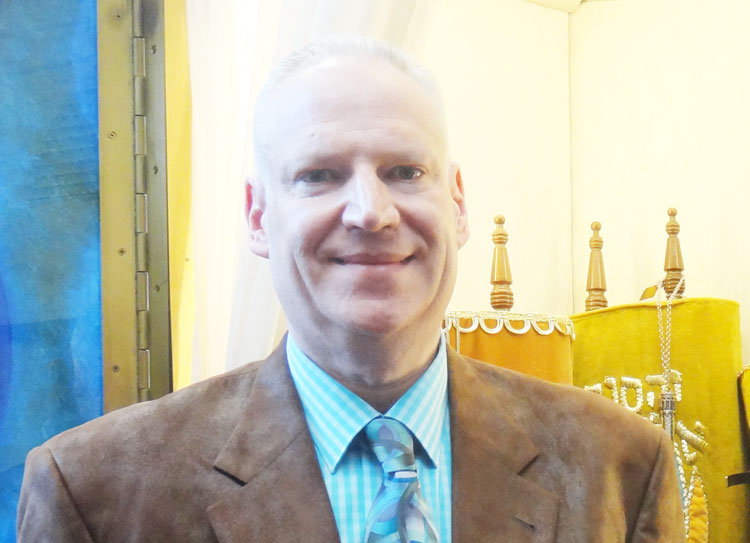
By Mitchell Hurvitz
Sentinel Columnist
Ethical monotheism is the belief in One God who teaches right from wrong. Sometimes we try to “diminish” our understanding of what’s right vs. wrong because we want latitude to act in a manner that would be more convenient for ourselves and others.
We will provide mitigating excuses or justifications; pretend our apathy is a short term exception; etc. But this is exactly why the Hebrew Scriptures explicitly tell us God’s moral commandments—the divine imperatives that succinctly teach us right from wrong.
Sometimes it’s helpful to review; so let’s review just a few Biblical moral commandments with which we are already familiar:
Do not join your hand with the wicked… Do not follow a crowd to do evil.
You shall love your neighbor as yourself.
Do not deny justice.
Do not harm the innocent and righteous.
Do not oppress a stranger.
Open wide your hand to your brother, to the needy, and to the poor in the land.
Be just, love mercy, and walk humbly with God.
These are simple moral divine imperatives that almost everyone is familiar with—but how do we go from nodding our heads in agreement with the moral commands, and yet not assure their implementation?
Most commonly, we simply close our eyes and either don’t allow ourselves to see the “stranger” as God intended, or we choose to simply not see at all.
Two examples of recent kindness were displayed on social media because, although they were very simple examples, people don’t see these often and the conventional responses are averting our eyes, our ears, and our words, to “respect privacy,” or because of our discomfort, especially around the unfortunate.
In one situation in a high school in California, prior to the football game, the team came out and prior to the game and laid orange roses at the feet of a cheerleader who is battling leukemia. Orange is the color of leukemia awareness and the cheerleader has had daily chemotherapy. She was very surprised and touched.
The second instance of reaching out to the stranger described stunned airline passengers when a man stood up to soothe the crying baby of the woman seated next to him so she could get some rest. These kindnesses should be felt to be the norm within our society; instead they are seen as exceptional. Think of how many times we pass by someone holding up a sign on the street dividers, or walk by the person with the cardboard sign on the sidewalk.
In today’s political climate, there is a reasonable debate as to how to most effectively assist the stranger in our midst; however, what cannot be debated is the divine imperative that it’s assistance and love that is explicitly required by God of us.
Too often we walk among people and choose not to see. Some of these people regularly impact our lives; they drive us; clean after us; perform the tasks we need done, but don’t want to do ourselves.
We are told “to be holy because God is holy.” Holiness is defined by our upholding the highest ethical standard of behavior, and central to God’s vision for us is how our society treats the stranger in their midst. We need to teach ourselves how to better see the “others”; the people we do not even notice. We can’t pretend to love God and live by God’s moral code of conduct if we are actively or passively ignoring any of God’s children. Let this be the year that we extend our hand rather than justify not doing so.
Mitchell Hurvitz is senior rabbi at Temple Sholom in Greenwich.




